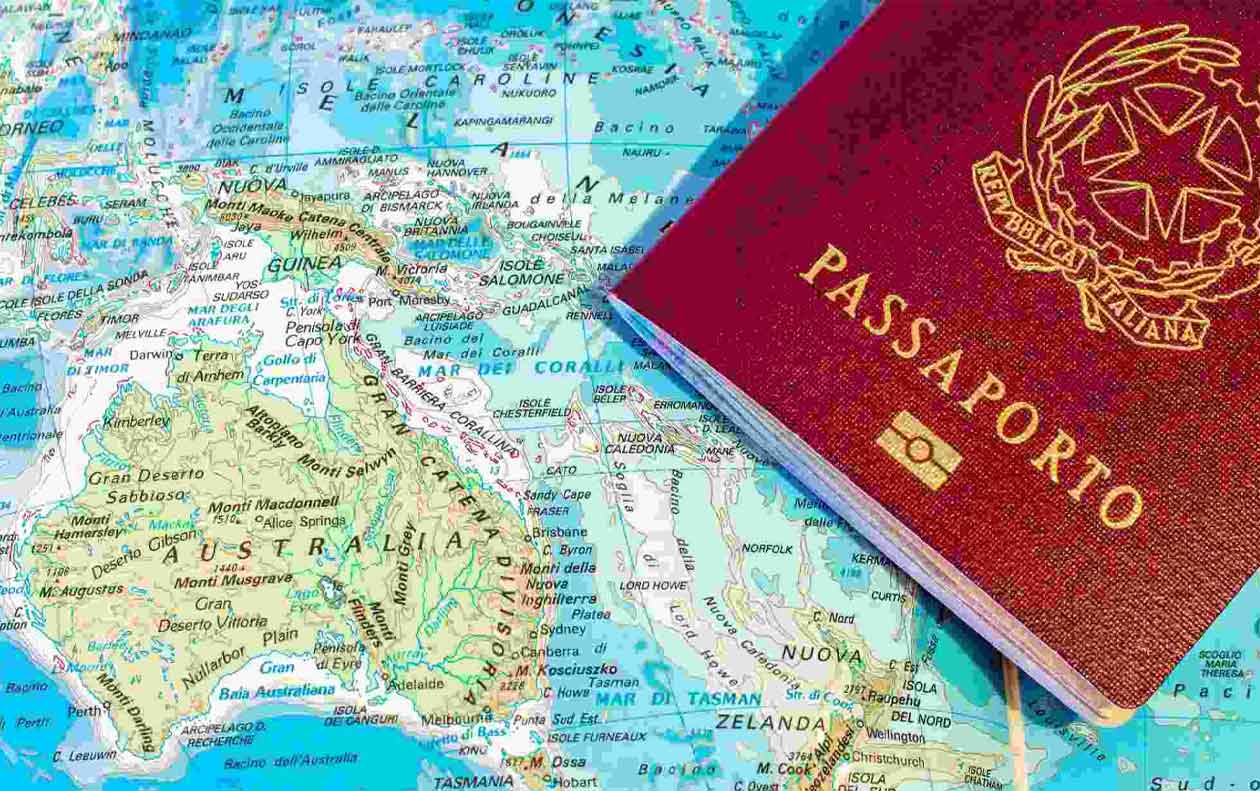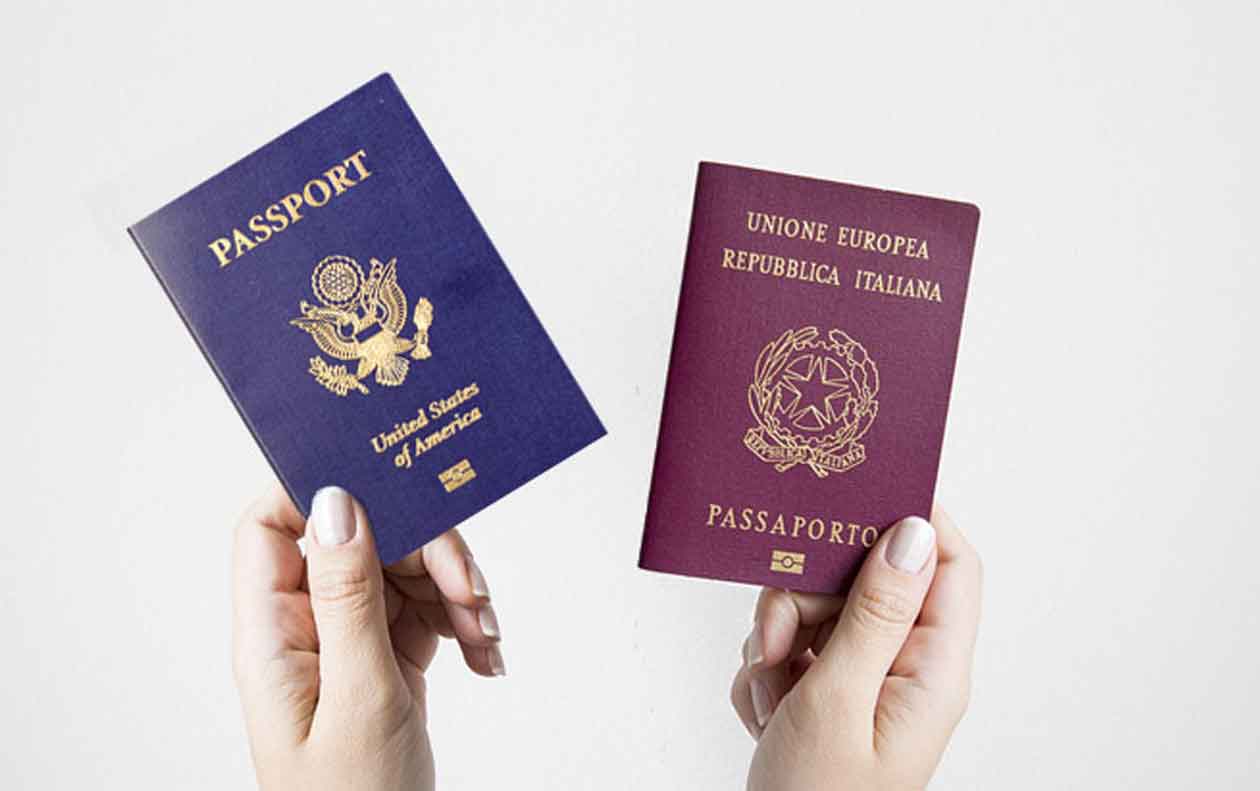In today’s world, dual citizenship is more appealing than ever. It offers flexibility, economic benefits, and cultural experiences. But, before you start, it’s key to know what to consider. This includes the eligibility rules and personal and legal aspects that matter a lot.
Being informed helps you choose wisely. It ensures your decision fits your future plans and duties.
Key Takeaways
- Understand the fundamental concept of dual citizenship.
- Be aware of the dual citizenship eligibility requirements.
- Consider personal and legal implications before applying.
- Evaluate the long-term commitments associated with holding dual citizenship.
- Recognize the significance of holding citizenship in more than one country.
What is Dual Citizenship?
Dual citizenship, also known as dual nationality, is when someone is seen as a citizen of two countries at once. This means they have two passports and get to enjoy the rights and benefits of both nations.
Definition of Dual Citizenship
Dual citizenship happens when someone gets a second nationality through birth, marriage, naturalization, or investment programs. It’s important to understand what dual citizenship means. This includes knowing the dual citizenship benefits and the dual citizenship restrictions that come with it.
Brief Historical Context
In the past, dual citizenship was seen as controversial. Many countries had strict laws against it. But, as the world became more connected, attitudes changed.
Now, countries recognize the need for what dual citizenship means today. They’ve made rules that balance the benefits and restrictions of having more than one nationality.
For a detailed overview of how real estate investment can lead to European residency, read our post on Spain Golden Visa: Unlocking European Residency Through Real Estate Investment.
Benefits of Dual Citizenship
Holding dual citizenship offers many benefits, improving both personal and professional life. It’s important to know these advantages if you’re thinking about getting dual citizenship.
Travel Advantages
Dual citizenship means you can travel more easily. You don’t need extra visas to move between your countries. This is great for those who travel often for work or fun.
For example, EU citizens with dual citizenship can visit other EU countries without hassle. This makes both short and long trips easier.
Economic Opportunities
Dual citizenship also opens up economic doors. You can live and work in either country, expanding your career. You can also invest and grow businesses in both places.
The World Bank says dual citizenship helps you access more financial markets. This can boost your personal wealth.
Access to Social Services
Another big plus of dual citizenship is access to social services. You can use public healthcare, education, and more in both countries. This means better health and education options for you.
For example, seniors might find better retirement benefits or healthcare in one country.
Legal Implications of Dual Citizenship
It’s important to know the legal side of dual citizenship. You need to follow the rules of both countries. This is key to a smooth process.
Understanding National Laws
Every country has its own rules for dual citizenship. Some, like the U.S. and Canada, have clear guidelines. Others might have stricter rules. You must learn the laws of both countries to avoid legal trouble.
Tax Obligations
Dual citizenship taxation is a big deal. Dual citizens face tax rules in both places. This can mean paying taxes in both countries. But, many countries have treaties to avoid this. Getting tax advice can help you understand and deal with these rules.
Application Process Overview
Starting the journey to get dual citizenship needs careful planning and prep. It’s key to know each step and have all the info you need before you begin. We’ll cover the first steps and what documentation for dual citizenship you’ll need.
Initial Research and Preparation
First, do deep research on the countries’ rules for dual citizenship. Each country has its own rules and who can apply. Look at official sites like Citizenship and Immigration Services and the Hague Conference on Private International Law for the latest info. Making a checklist can help you not miss any important steps.
Required Documentation
Having the right documents is key to a successful application. You’ll need:
- Birth Certificates: These prove who you are and if you’re eligible.
- Marriage Certificates: If you’re married, these show your relationship, which can affect your application.
- Proof of Residence: You’ll need to show where you live, like bills or rental agreements.
Make sure your documents are correct and complete to avoid problems. Getting your documents in order early can make the applying for dual citizenship process smoother.
Countries with Dual Citizenship Agreements
Getting dual citizenship can bring many benefits. But, it’s key to know which countries allow it and why. This is based on their bilateral relations.
Examples of Compatible Countries
Some countries have agreements that make getting dual citizenship easier. For example, EU countries usually accept dual citizenship. The GCC nations, like the UAE, also have good policies for dual citizenship.
Importance of Bilateral Relations
The strength of a country’s relations with others affects its dual citizenship rules. Good diplomatic ties make the process smoother. These agreements show shared interests in economy, culture, and politics. This makes getting dual citizenship simpler.
Common Challenges and Risks
Dual citizenship has many benefits, but it also comes with challenges. These complexities can lead to risks that need careful thought.
Potential for Legal Conflicts
One big challenge is legal conflicts. These can happen because of different laws in each country. For instance, a dual citizen might have to join the military in one country, even if they have citizenship in another.
Dealing with these legal issues requires a deep understanding. Often, you need expert legal advice to navigate them.
Possible Impact on National Identity
Dual nationality can also affect your sense of national identity. While it offers many benefits, dual nationality might make you feel torn between two countries. This emotional and psychological tension is a common challenge for those who hold dual nationality.
For some, dual nationality leads to internal conflicts as they try to navigate their roles and responsibilities in both nations. You might find it hard to know where your true loyalty lies, and dual nationality can complicate your personal and social life.
Having dual nationality may also influence how others perceive you, possibly questioning your commitment to one country over the other. These perceptions can affect your confidence and sense of belonging.
Finding a healthy balance between two cultures and expectations is often difficult for those with dual nationality. It’s crucial to reflect deeply on the emotional and social challenges that dual nationality can bring.
Understanding the responsibilities and legal obligations of dual nationality helps prepare you for the complex dynamics involved. If you’re considering dual nationality, it’s important to weigh both the rewards and the possible identity struggles that come with it.


Financial Considerations
Getting dual citizenship comes with financial steps to consider. Knowing the cost of dual citizenship application and what it entails can make things easier. It helps avoid surprises in your budget.
Fees and Costs of Application
The dual citizenship financial considerations start with application fees. These fees change based on the countries involved. They cover things like paperwork and biometric data.
Don’t forget to add extra costs. These include legal advice, document translations, and travel for consulate visits.
Tax Implications in Dual Citizenship
Dual citizenship also means dealing with taxes in both countries. This can affect your income, property, and inheritance taxes. It’s important to know the tax treaties between countries to avoid double taxation.
Talking to a tax expert or financial advisor can help clear up these issues.
Duration of Dual Citizenship Applications
Getting dual citizenship takes time and planning. Knowing how long it takes helps set realistic goals. It also helps plan your path to dual nationality.
Average Processing Times
The time it takes to get dual citizenship varies a lot. It can be anywhere from six months to a few years. This depends on the countries involved and their rules.
Some countries make the process faster. This can cut down the time needed for your application.
Factors That May Affect Timing
Many things can change how long it takes to get dual citizenship. If there are a lot of applications, it might take longer. Your personal situation, like background checks, can also add time.
Changes in laws or government can also affect the timeline. So, it’s key to stay informed and plan ahead.
Important Factors to Consider
Thinking about dual citizenship means looking at how it affects your whole family. It’s not just about you. You need to think about many things carefully.
Personal and Family Implications
Understanding the considerations of dual nationality is not only important for the individual but also for the entire family. Holding dual citizenship can create a ripple effect that touches nearly every aspect of your spouse’s and children’s lives. From education and healthcare to legal rights and residency privileges, the impact of dual nationality is far-reaching and often complex.
Children born to parents with dual nationality may automatically inherit dual citizenship, depending on the laws of each country. This can be a significant advantage, giving them access to more opportunities such as studying in top institutions, applying for local scholarships, and benefiting from multiple healthcare systems. However, it also comes with challenges, such as understanding the legal implications of being a citizen of two countries.
Healthcare is another vital consideration. Depending on the countries involved, dual nationals may be eligible for public health services in both places. However, accessing these services can be tricky due to residency rules, insurance coverage, and policy differences. Parents need to plan ahead and understand the healthcare systems in both countries to avoid unexpected complications.
Legal status, property ownership, and inheritance laws can vary dramatically between countries. Dual nationality may offer expanded property rights in both nations, but it also introduces legal complexity. For instance, inheritance laws differ widely, and what is valid in one country might not be recognized in another. Without proper legal planning, families can face difficulties transferring property or settling estates.
Social identity and integration are emotional aspects that should not be overlooked. Children raised in a dual-nationality household may struggle with cultural identity and a sense of belonging. It’s important for parents to guide them through these challenges, encouraging them to embrace both cultures with pride.
Long-term Commitment
Maintaining dual citizenship is not a one-time decision; it’s a lifelong commitment that requires continuous awareness and responsibility. Dual nationality involves adhering to the laws, regulations, and expectations of two different countries simultaneously. This includes financial obligations such as filing taxes, even if you don’t reside in one of the countries, as well as fulfilling civic responsibilities like voting or, in some cases, mandatory military service.
These responsibilities may change over time, especially if international laws or bilateral agreements evolve. Being a dual national means staying informed and adapting to changing legal frameworks in both jurisdictions. For many people, this includes consulting legal or tax professionals to avoid unintended violations or penalties.
The lifestyle implications of dual nationality extend to your family’s mobility and residential planning. It may offer greater freedom to live, work, and travel between two countries without the need for visas or permits. However, it also means navigating bureaucratic hurdles, such as renewing passports, maintaining residency statuses, and understanding cross-border legal matters.
For families, this can lead to big decisions—like where to settle, which school system to choose for their children, or how to divide time between the two countries. These choices can influence careers, relationships, and personal growth. As such, dual nationality demands ongoing planning, flexibility, and awareness.
In conclusion, both personal and family implications, as well as long-term responsibilities, must be carefully considered before and after obtaining dual nationality. The benefits can be substantial, but they come with real obligations and challenges that should not be underestimated.


Resources for Further Information
Obtaining dual citizenship—or dual nationality—can be a rewarding but complex journey. Every country has its own unique laws, application processes, and eligibility criteria, making it essential to gather information from reliable and authoritative sources. Whether you’re just beginning your research or are already deep into the process, the right resources can save you time, money, and stress. This section highlights the most trusted sources of information and assistance, so you can make informed decisions every step of the way.
Government Websites for Guidance
Government websites are often the most trustworthy and up-to-date resources for anyone pursuing dual nationality. These websites provide accurate information on citizenship laws, application requirements, necessary documentation, fees, and legal obligations. Visiting the official websites of immigration departments or consular offices is crucial to stay informed about any recent policy changes or legal amendments.
For example, the Embassy of the United States in the UAE offers extensive information about dual citizenship, including application procedures, legal concerns, and frequently asked questions. Similarly, countries like Canada, the United Kingdom, and Australia maintain detailed immigration portals that help applicants understand the pros, cons, and responsibilities of holding dual nationality.
Most government portals also provide downloadable forms, step-by-step guides, and links to relevant legislation. Some even offer online application tracking systems and contact options to speak directly with immigration officers or consulate staff. By using these resources, you can gain clarity on the process and ensure your documentation is in order.
Professional Organizations and Legal Assistance
While government websites are a great starting point, they may not always address individual or complex cases. This is where professional organizations and legal experts come in. Immigration law is nuanced, and the stakes are high—mistakes in your application could delay your citizenship process or result in denial.
One of the most reliable organizations for legal support is the American Immigration Lawyers Association (AILA). AILA is a nationally recognized group that connects individuals with licensed immigration attorneys who specialize in dual nationality and citizenship law. These professionals offer personalized advice, help you gather and complete necessary documentation, and represent you if legal issues arise.
Legal experts can also provide insight into how dual citizenship affects taxes, property ownership, residency status, and inheritance laws. Their guidance is especially important if you’re navigating the legal systems of two or more countries simultaneously. With their help, you can avoid costly errors, protect your rights, and ensure a smoother transition through every stage of the citizenship process.
Community Forums and Expat Support Groups
In addition to formal channels, online communities, forums, and expat support groups can also be invaluable resources. Websites like Reddit, Expat Exchange, and Facebook groups offer real-life insights from people who have already gone through the process of obtaining dual nationality. These platforms can give you practical advice, country-specific tips, and even emotional support from others facing similar challenges.
While these forums should not be used as a replacement for legal advice, they can be a great complement to official and professional resources. Hearing from real people who have walked the same path can prepare you for what to expect and help you avoid common pitfalls.
Conclusion: Take a Multi-Source Approach
Successfully managing the dual citizenship process requires a well-rounded approach. Start with official government websites to understand the legal framework, then consult with legal professionals to address your specific situation. Supplement this with personal stories and tips from online communities. By using multiple resources, you’ll be better equipped to handle the legal, financial, and emotional aspects of dual nationality with confidence.
 +49 175 370 2510
+49 175 370 2510

0 Comments